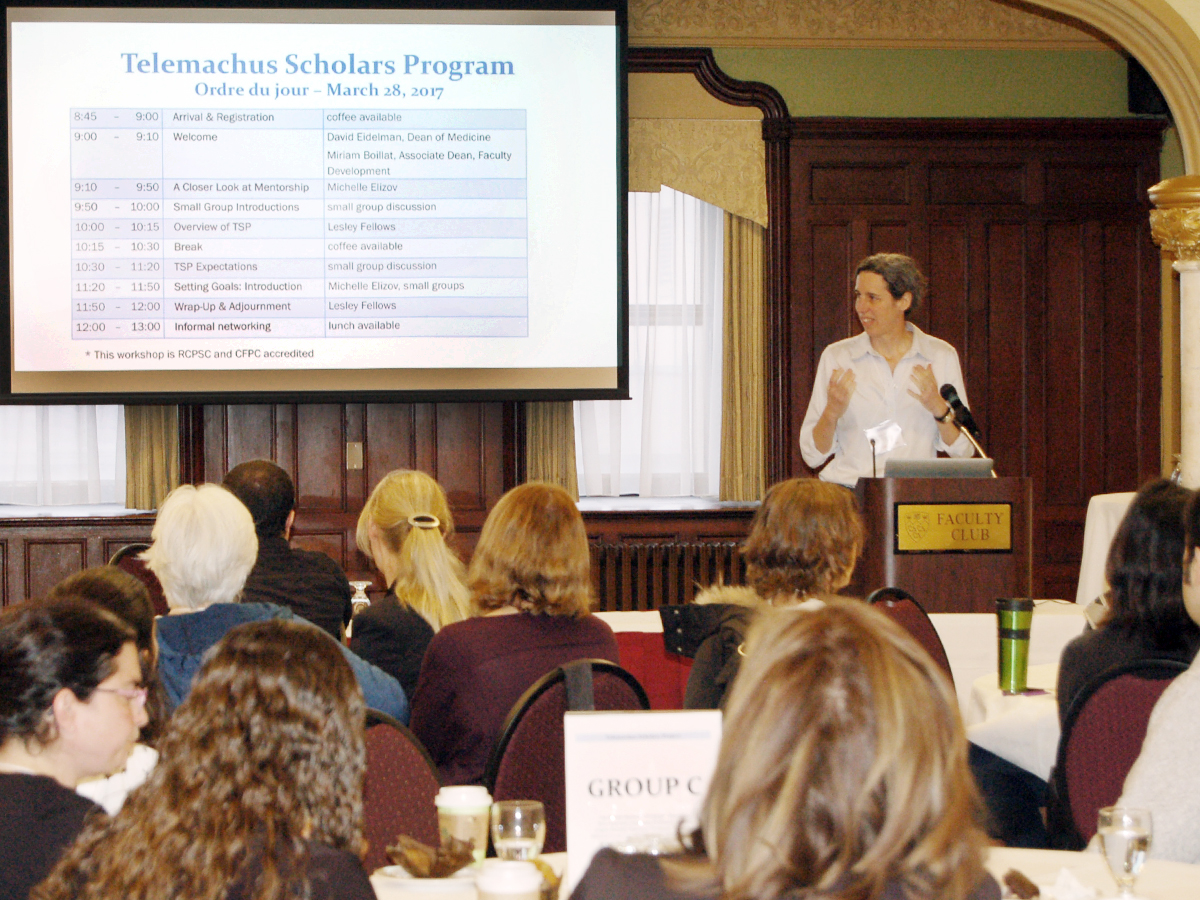
By Gillian Woodford
Dr. Lesley Fellows lists a few of the topics that have cropped up during group discussions of the Telemachus Scholars Project, a new mentoring program in the Faculty of Medicine:
“How to go from being a postdoc to leading your own research team.”
“How to know when to say ‘No’ when you are asked to take on a new task.”
Most faculty members have faced issues like these at one time or another, but not everyone is lucky enough to have a mentor to help guide them.
So when Dr. Fellows, Professor in the Department of Neurology & Neurosurgery and Neurologist at the Montreal Neurological Institute and Hospital, was appointed to the newly created role of Assistant Dean, Academic Affairs in early 2016, improving access to mentoring – identified as a gap within the Faculty – was her top priority.
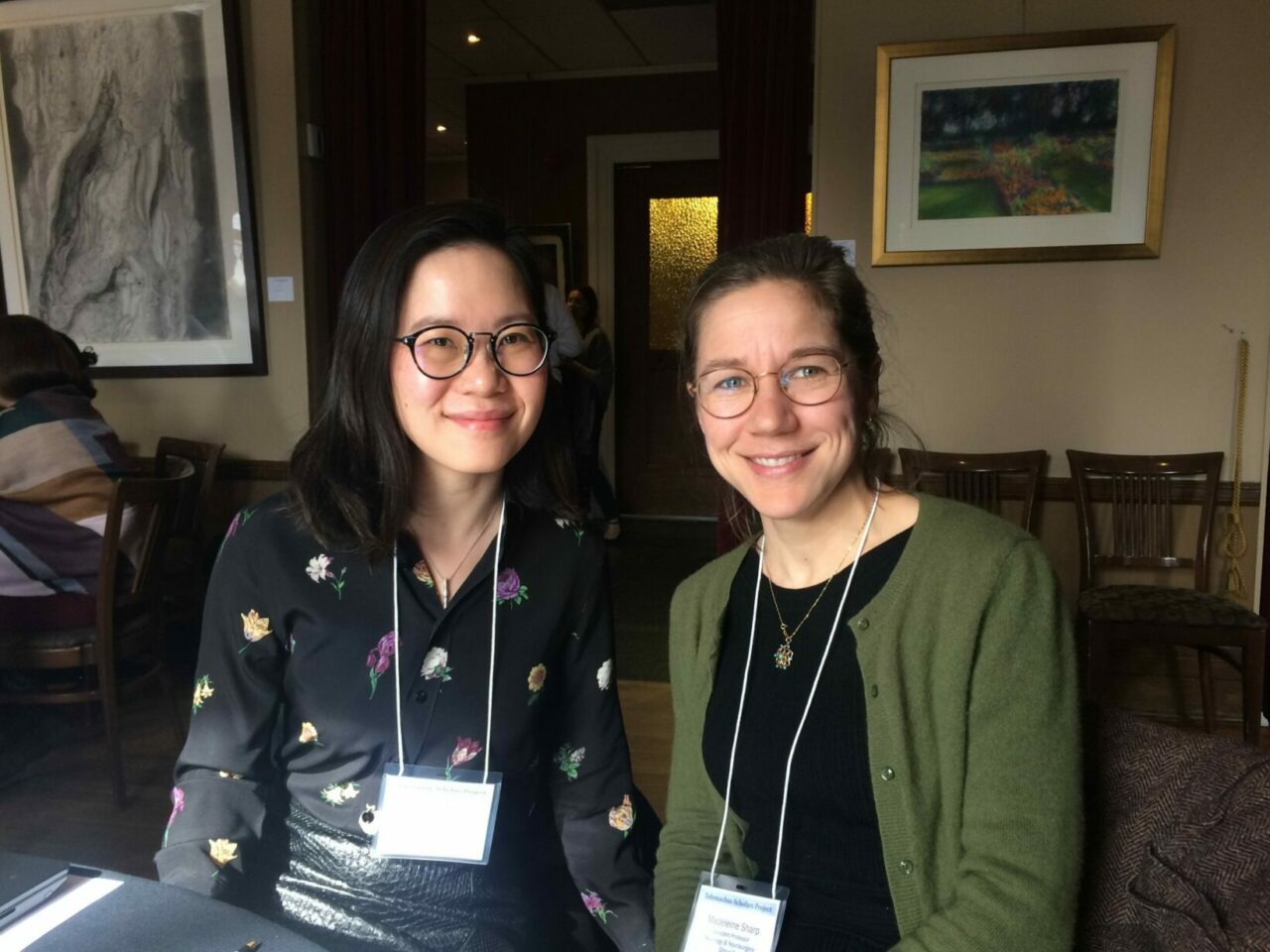
“It’s well-known that informal mentorship is best, but it’s not always easy to access,” says Dr. Fellows. “In fact the people who need mentorship the most have the hardest time accessing it. This is particularly true for women and other groups underrepresented in higher academic ranks in the Faculty.” She conducted a focus group and literature review and concluded that formal mentorship was the best approach for the Faculty. She adds that this program isn’t meant to replace traditional mentoring within individual departments, which remains crucial, but to augment it.
Five groups were created with a mix of junior and more senior faculty from different departments or schools in each. “What brings a group together is some commonality in their job description,” explains Dr. Fellows. “For example one group is primarily basic science researchers, another group might be clinician educators, and another group clinician scientists, and so on. In the small groups we want them to be talking about things that are relevant to them. Because there’s no point in, say, having a big conversation about clinical challenges if you’re not a clinician.”
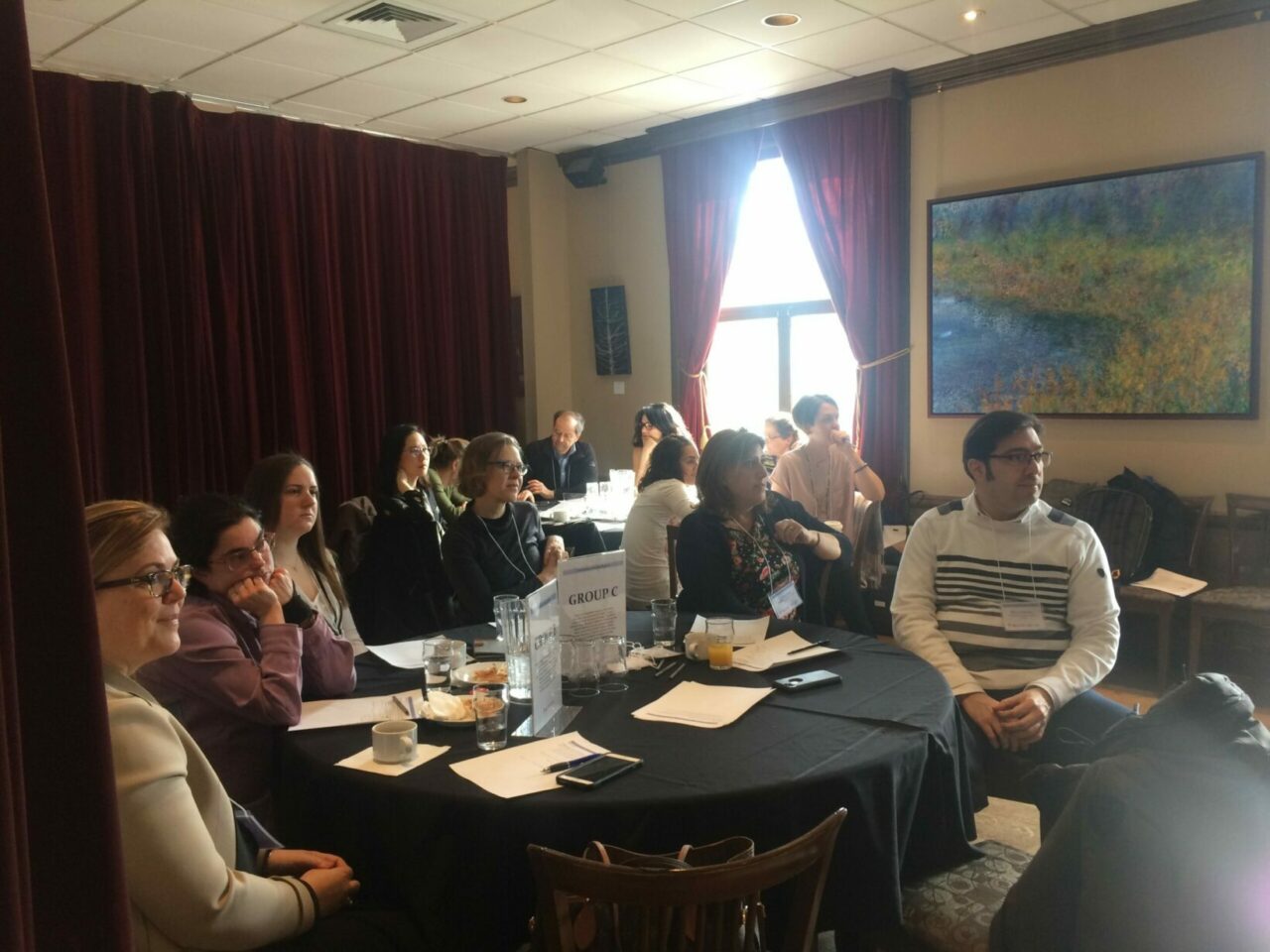
The program was developed with help from Dr. Miriam Boillat, Associate Dean of Faculty Development, and Dr. Michelle Elizov, Assistant Dean, Faculty Development, and consists of four small group sessions, with online course materials to guide the discussions, and five half-day workshops to which all the groups are invited, over a period of 18 months.
A group format was chosen over traditional one-on-one mentoring, partly because there are simply not enough skilled mentors to go around, and partly because “the combination of peer and ‘vertical’ mentoring offers a more collegial approach,” says Dr. Fellows. “That’s why we gave it the name of Telemachus,” she adds, referring to the son of Odysseus. Odysseus asked his friend Mentor to take Telemachus under his wing when he left for the Trojan War. The current project recognizes that more senior and more junior participants all make important contributions to the mentoring experience.
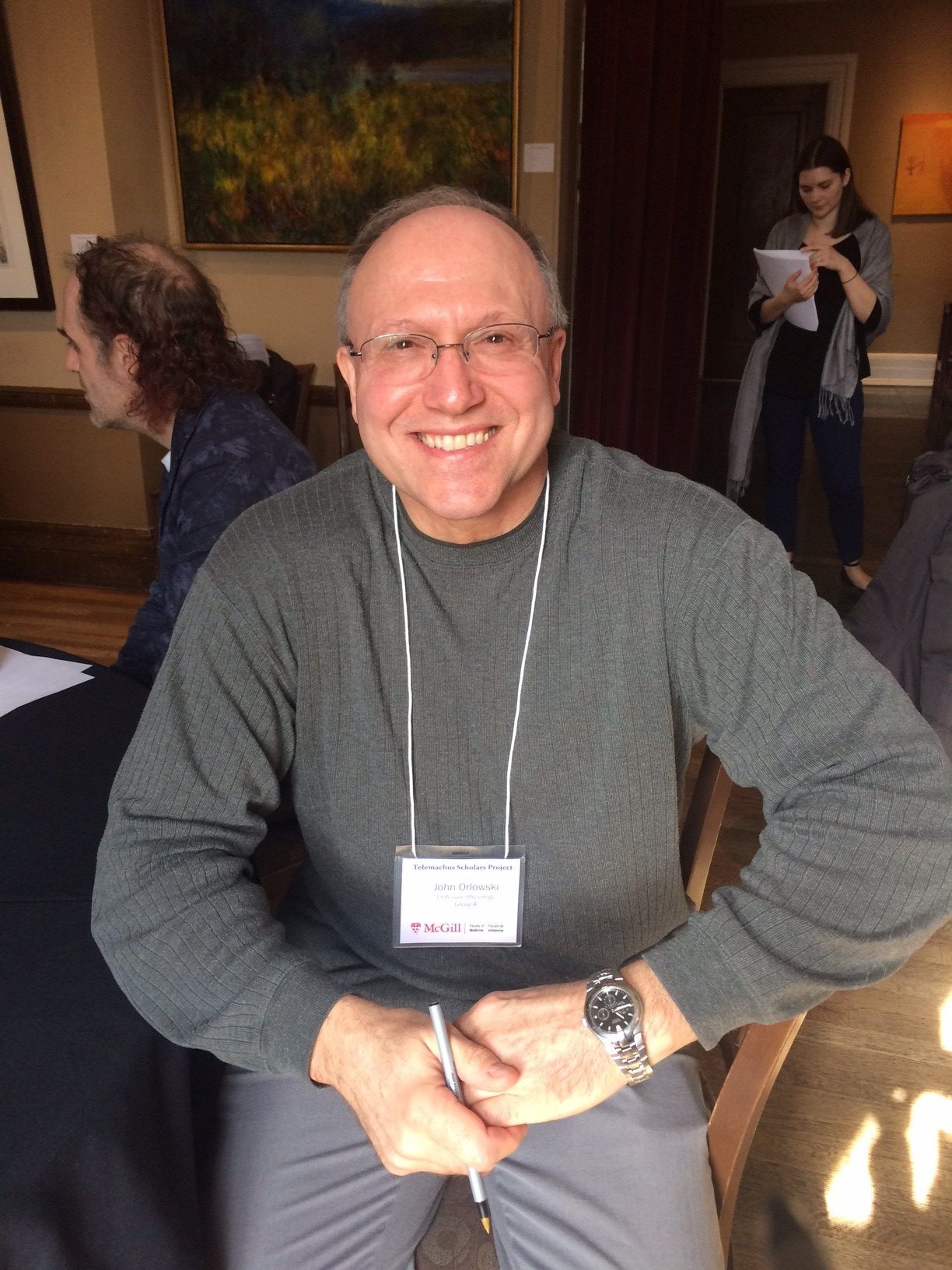
Telemachus participant Dr. John Orlowski, Professor in the Department of Physiology and member of the Telemachus steering committee, can attest to that, citing a Telemachus session that touched on the transition to retirement was particularly useful to him and other senior faculty. “I know a lot of people who have a hard time thinking about retirement because their whole identity is tied up with being a professor,” he says.
“This whole program is in a sense like group therapy,” adds Dr. Orlowski, “People don’t always feel comfortable talking to their colleagues about these things because they feel more vulnerable, so it’s nice to have this non-judgemental environment where you’re more or less with strangers. Telemachus allowed everybody to open up and express those feelings and see the sense of commonality.”
Dr. Madeleine Sharp, an Assistant Professor in the Department of Neurology and Neurosurgery who came to McGill in 2016, likewise appreciates how the Telemachus program has helped to normalize some of the struggles she’s had – and find solutions for them. She says a session on collaborations helped her resolve a concrete problem she was having with a collaboration with a university in another city, because members of her group had already experienced the same issues and could offer advice. Dr. Sharp also likes the group aspect of Telemachus for the variety of opinions it yields. “Different people have different approaches to how they would resolve a problem, and you can choose the one that suits you best.”
Fellow Telemachus participant Dr. Sero Andonian, Associate Professor of Surgery, Division of Urology, says his involvement in Telemachus has allowed him to take the time to reflect on his work and gain perspective. “As a junior faculty member it’s easy to see the position as the goal,” he shared during a Telemachus workshop in March. “I try to think of myself more as an advocate for patient safety, and less as a title or position that defines me.”
The first Telemachus scholars will graduate in June. Dr. Fellows plans to spend the summer going through the feedback from participants and deciding where to tweak the program. Recruiting for the next iteration will likely begin in the fall.
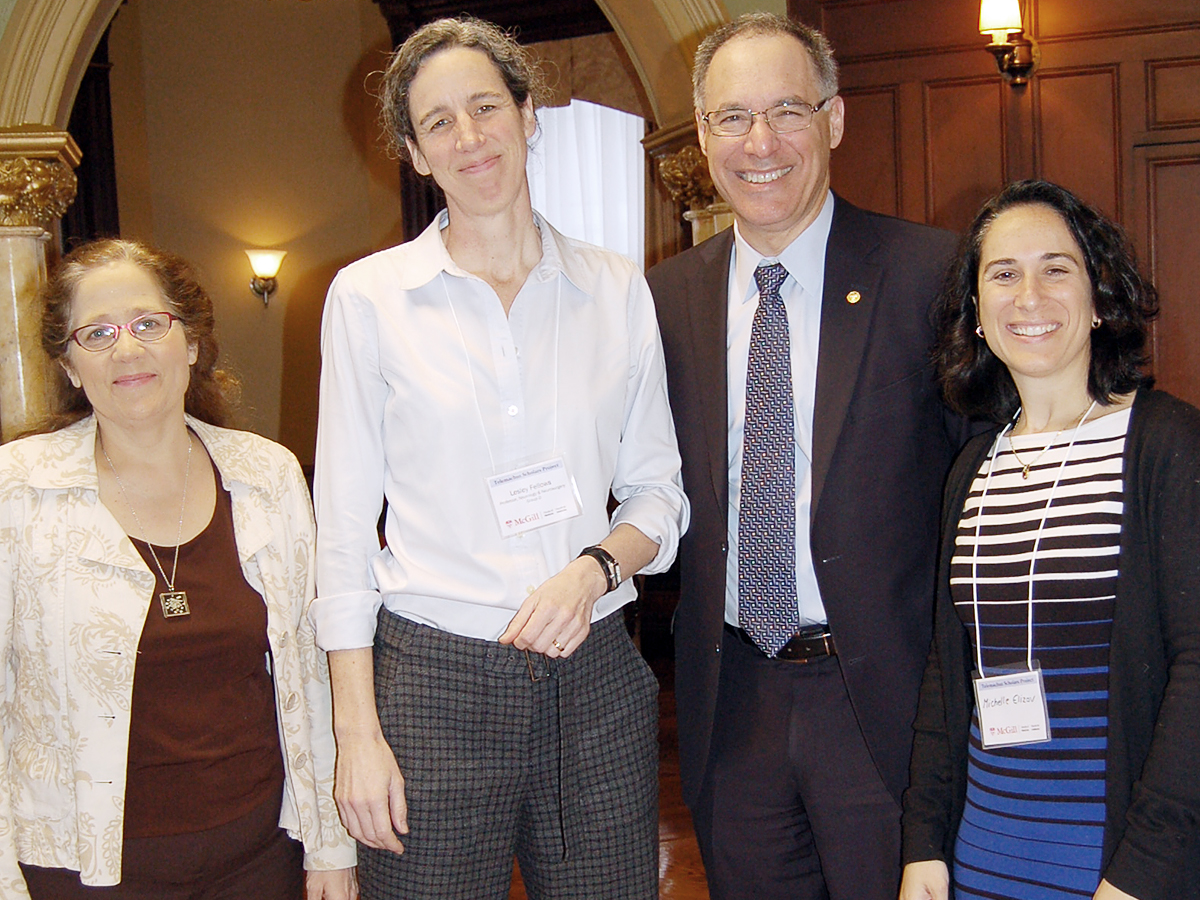
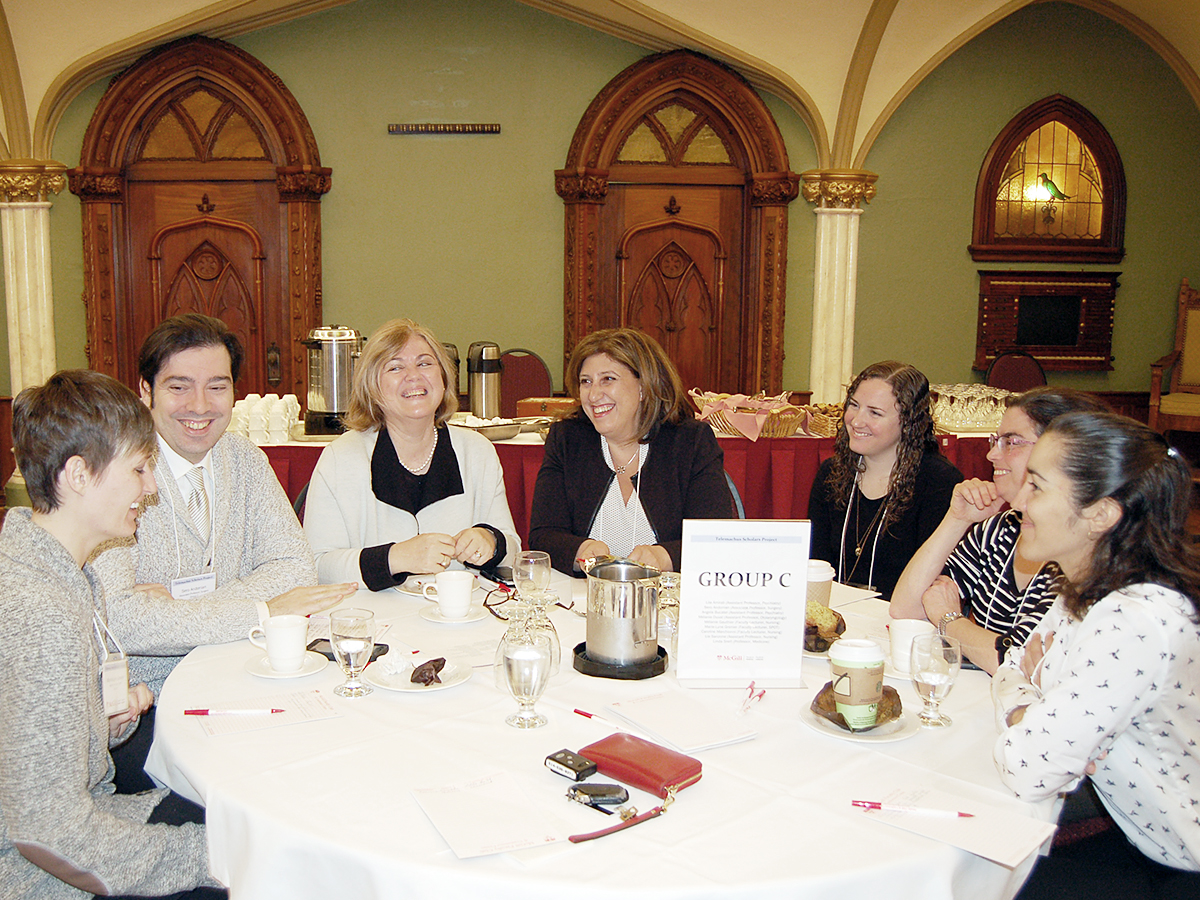
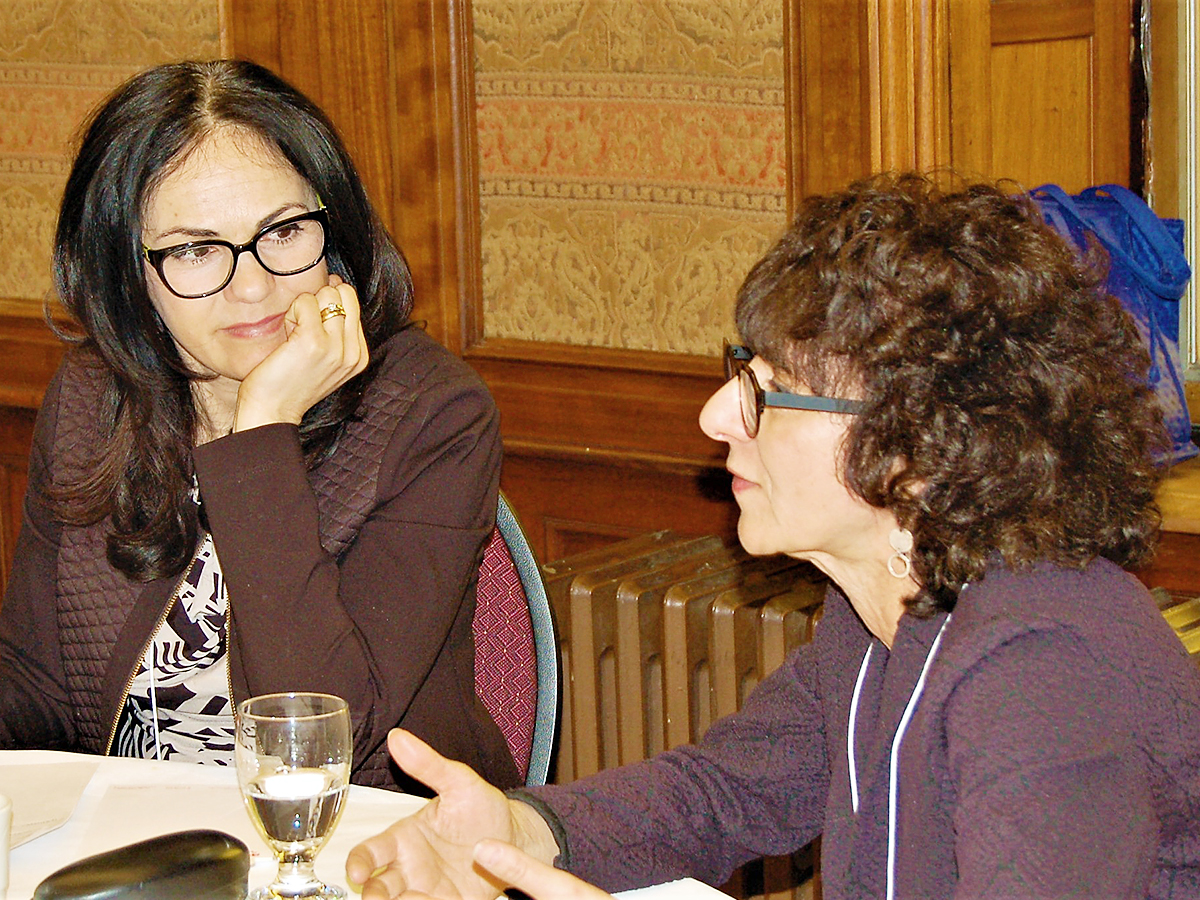
May 2, 2018
